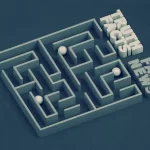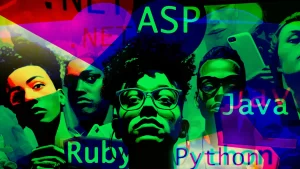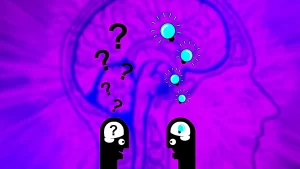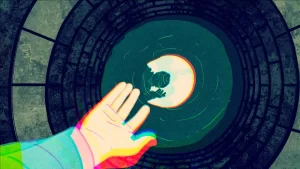
Artificial intelligence is one of the most awe-inspiring and potentially unsettling developments of the 21st century. With each passing year, AI systems become more capable, more humanlike in their language abilities, reasoning skills, and decision making.
This has profound implications not just for technology, but for how we define human intelligence and consciousness. The prospect of silicon-based minds that can match or exceed our cognitive capabilities raises deep existential questions that get to the core of identity, self-awareness, and the essence of human nature.
Are We Distinct from Intelligent Machines?
For centuries, human beings have taken pride and found meaning in our sapience – our ability to learn, analyze, create, and reason in ways that seemed to set us apart from the rest of nature. Even as we recognized the impressive instincts of other species, we drew satisfaction from our unparalleled facility with language, abstract thought, and technological innovation.
But as AI systems demonstrate rapidly advancing abilities in processing human language, writing eloquent passages, solving complex problems, and generating original ideas, where does that leave human distinctiveness? If machines can linguistically express themselves with nuance and perform open-ended reasoning, does that not encroach on territory we thought was exclusively human?
There is still something qualitatively different about human cognition – that it arises from biological rather than artificial intelligence, and is imbued with genuine self-awareness, subjectivity, and an intangible essence that even the most advanced AI systems cannot replicate. But as the lines increasingly blur, such arguments become more tenuous.
Redefining the Human Experience
Perhaps the greater truth is that once AI crosses certain watersheds of ability, we will be forced to reimagine human specialness in new terms. Our uniqueness may derive less from superior intellectual capacity and more from characteristics like creativity, emotional intelligence, moral reasoning, and aesthetic sensibilities that highlight the fullness of human experience.
In some ways, this could be a liberating notion – freeing us from hubristic assumptions of human exceptionalism in favor of focusing on the awe-inspiring richness of consciousness, kinship, and what it subjectively feels like to be alive. AI may turn out to be our bridge to a more nuanced understanding of the human condition.
Symbiosis With Intelligent Machines
AI systems may end up being less of an/enlightened threat and more of an opportunity for complementary co-existence and symbiosis. By offloading more and more cognitive labor to these machines, we may be able to transcend biological limits and team with AI in ways that actually augment, rather than diminish, our human potentials.
As we emotionally and philosophically grapple with AI’s challenges to assumptions about human identity, we may be forced to jettison outmoded thinking in favor of more vibrant perspectives on the nature of intelligence, consciousness, and humankind’s role in this ever-evolving cosmos.
Rather than fearing AI’s rise, we should embrace it as the ultimate mirror of ontology – revealing not just technological truths, but fundamental insights into who we are and generating vital questions about what it means to be human.










